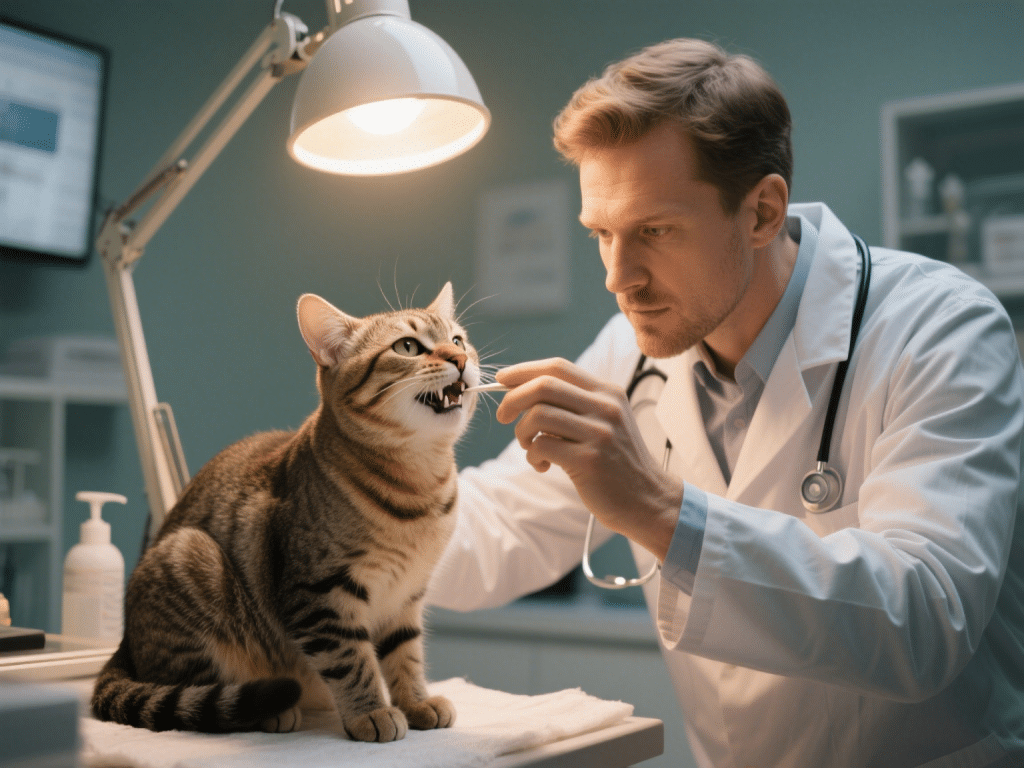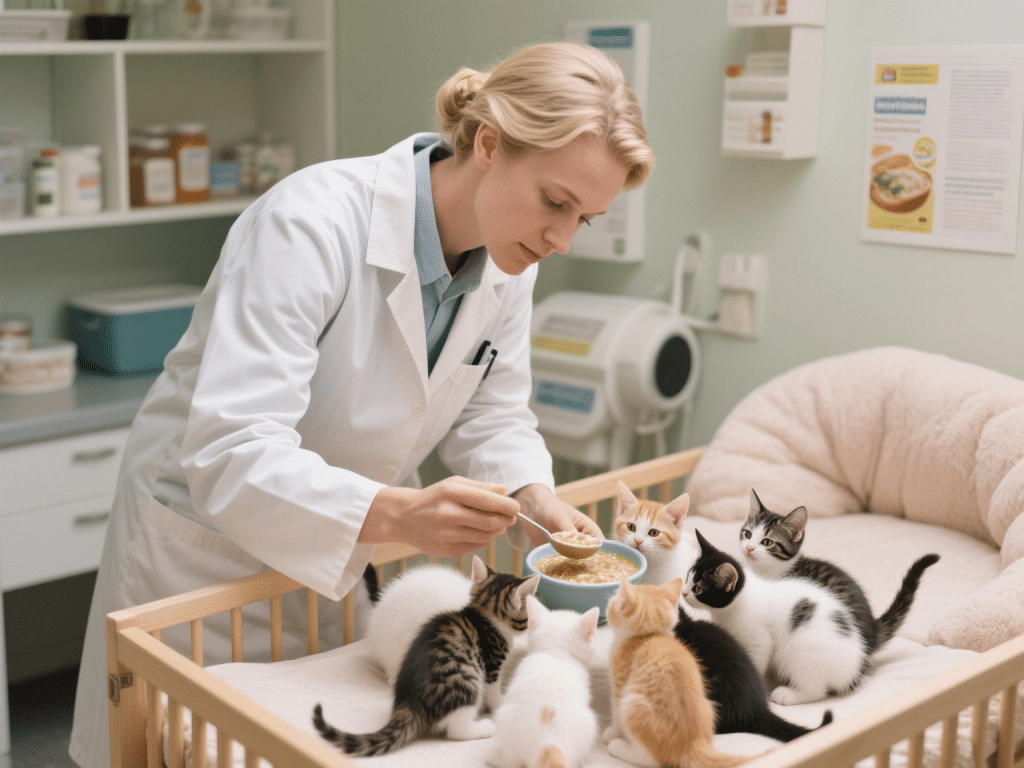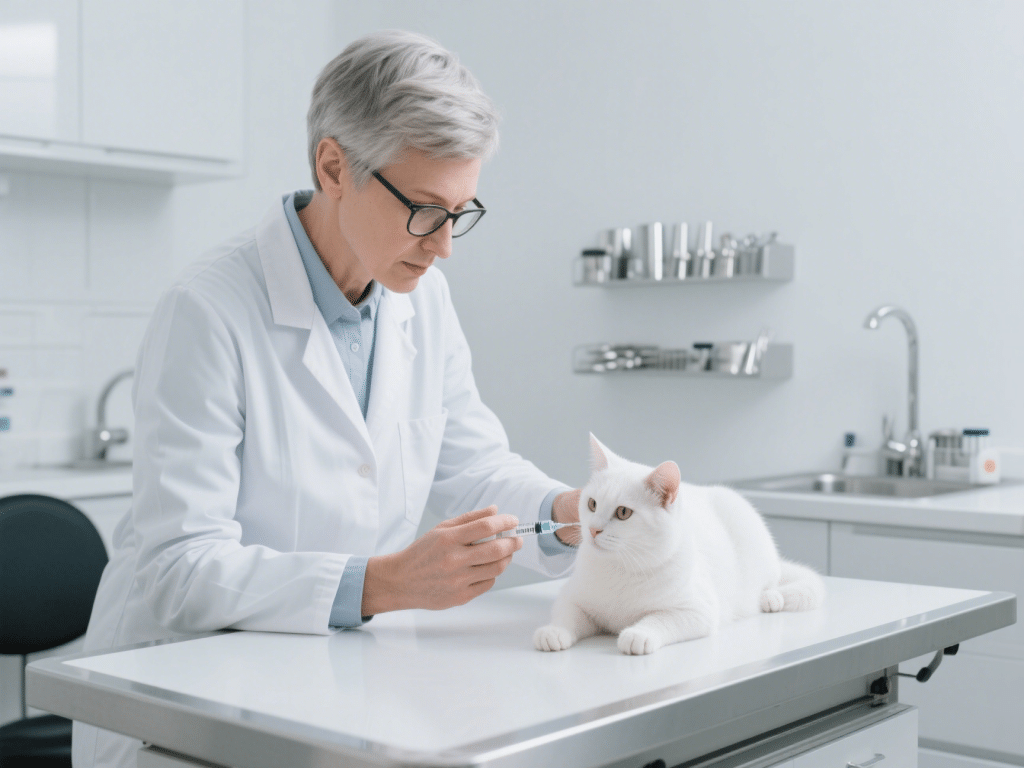
Natural Deworming Solutions for Senior Dogs
When dogs age, their immune systems slow down, making them more susceptible to internal pa...
Since the dawn of time (okay, not that long, but since hedgehogs became popular as pets) hedgehog owners and breeders have debated over what food is best for feeding their spiny friends. The great food debate continues today, and exotics vets, breeders, hog owners, and a vast amount of other resources still tend to disagree on what food is best. Let's explore this topic further.
Historically, commercial hedgehog food was not always available, and then when it initially became available, it wasn't as nutritious as many people had hoped for. Cat food is available to almost everyone, no matter where they live, and it contains protein. It's a small kibble that hedgehogs can eat. This is why many people opted and may still choose to feed their pet cat food instead of hedgehog kibble. Another reason why people may feed cat food to hedgehogs is that they simply continue to feed whatever the pet store or breeder used after taking their new hog home. Cat food is offered instead of dog food because it is a smaller kibble that most hedgehogs don't have a problem chewing.
Some people have only had experience with the early days of hedgehog food or low-quality brands of hedgehog food, therefore they feed a very high protein brand of cat food instead. The protein source doesn't bother them and the fiber in the diet replaces the chitin component. They can also readily get high protein cat food from their local grocery or pet store instead of having to order good hedgehog food online, or having to drive to a specialty pet store. Not every pet store carries hedgehog food, especially smaller stores that know that the majority of their customers don't have pet hedgehogs.
Hedgehogs are omnivores or insectivores, depending on where you look it up. This means their primary food should be made up of insect protein (chitin) and a variety of fruits, vegetables, cooked meats, live insects (such as mealworms) and more. In the wild, they are opportunistic feeders and will eat almost whatever looks tasty. They hang out in gardens and have up to 44 little teeth to munch on practically anything they want. Therefore, we need to think about what we offer them to eat in captivity.
Hedgehogs require a mixture of protein, fat, carbohydrates, fiber, water, and more. Protein in the food you choose should be over 20 percent, fat should be between five and 15 percent, and a good amount of fiber. Dr. Graffam, who did a lot of research on hedgehog nutritional requirements at the Bronx Zoo in the 1990s, states that if canned cat food is fed to your hedgehog, you should supplement it with more fiber (Benefiber, baby oatmeal, etc.) and that hedgehogs need hard foods to crunch on to maintain their tiny teeth. A variety of protein sources is best, but insects and poultry are easiest for hedgehogs to digest.
Feed your hedgehog a quality, dry, hedgehog food with at least 20 percent protein and a fiber content with double digits as the staple food. You should also make sure the food has L-carnitine listed as an ingredient for heart health, or supplement the diet with a small amount (ask your exotics vet how much, but usually a hedgehog needs about 50 mg a day for treatment of cardiomyopathy). Many zoos, universities, parks, and museums feed Exotic Nutrition's Hedgehog Complete Food or Mazuri Hedgehog Diet. In addition to this food, you should offer live insects, cooked chicken, vegetables, and fruits. A very small amount of canned cat food can be offered as a treat. Stay away from seeds, raisins, and dried fruits and vegetables (they get stuck in their mouths).
If you are unable to order your hedgehog's food online and your local pet store doesn't carry a quality hedgehog kibble, then the next best thing is to feed a holistic or high-quality chicken cat food with a small kibble. Just remember that this is not the ideal food since there is no blood meal or chitin in it like hedgehog food contains.

When dogs age, their immune systems slow down, making them more susceptible to internal pa...

As a veterinary nutritionist specializing in feline diets, I’ve guided many cat guardian...

Weaning is a critical developmental phase for kittens, typically occurring between four an...

IntroductionScratching is an instinctive behavior for cats to maintain claw health, stretc...

IntroductionLong workdays can leave pets bored, lonely, and prone to mischief. A well-thou...

IntroductionSenior dogs (7 years and older, breed-dependent) may have altered metabolism, ...

IntroductionRaw feeding—sometimes called BARF (Biologically Appropriate Raw Food) or pre...

IntroductionEnsuring your cat receives timely vaccinations is one of the most important st...

Why Routine Vet Visits Are Non-Negotiable for Pet HealthRegular veterinary examinations fo...
Comments on "The Pros and Cons of Feeding Your Hedgehog Cat Food" :